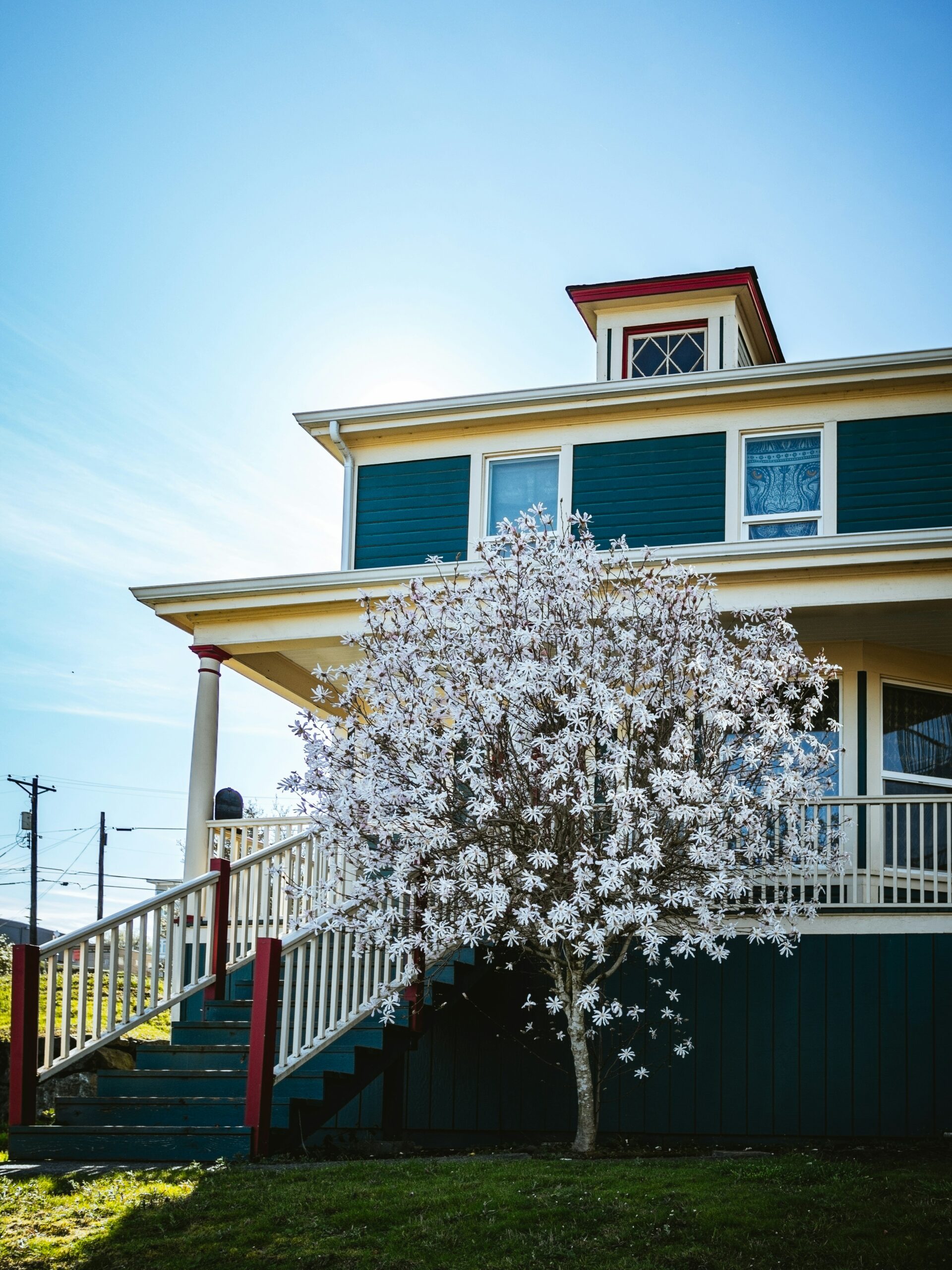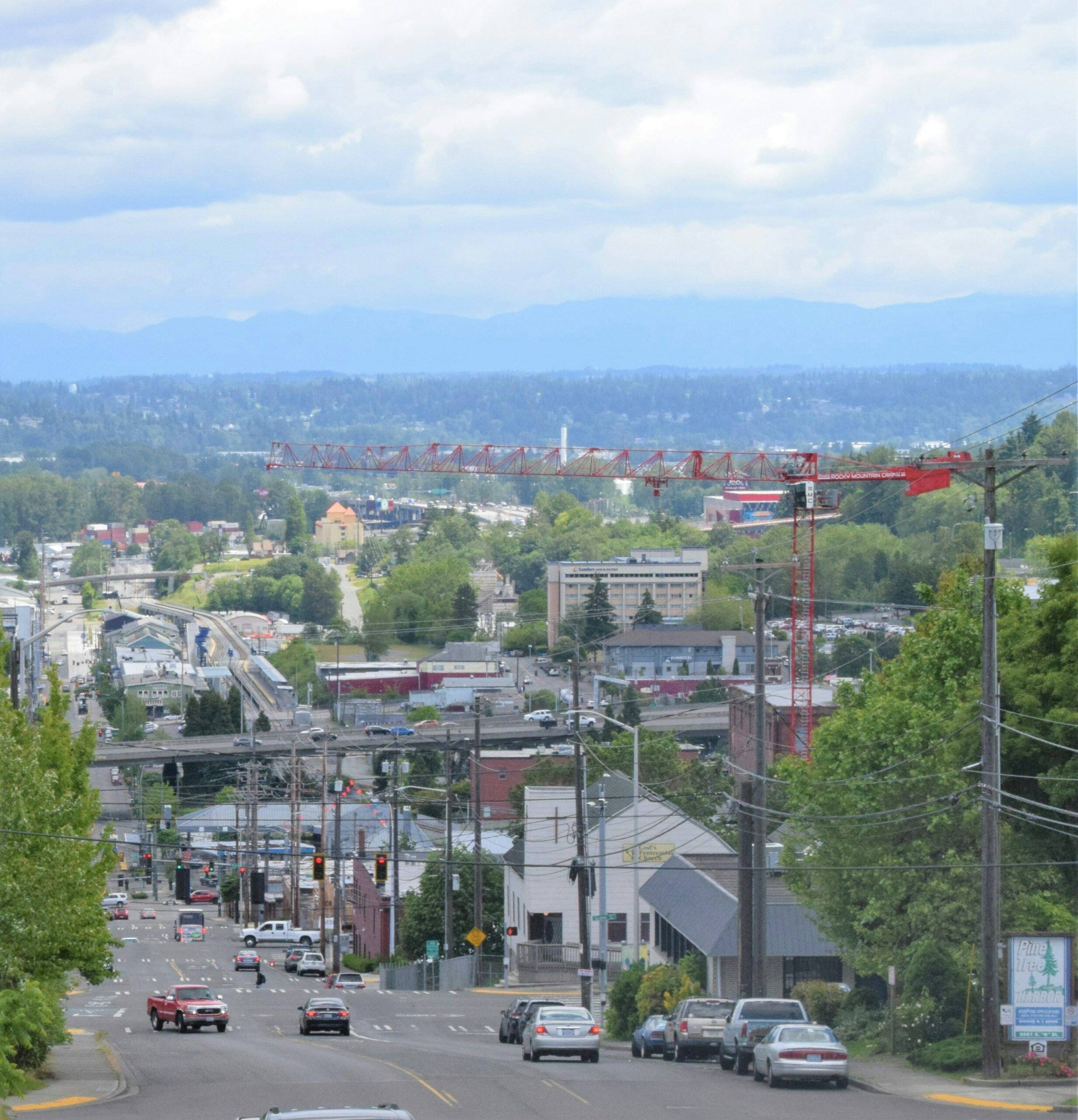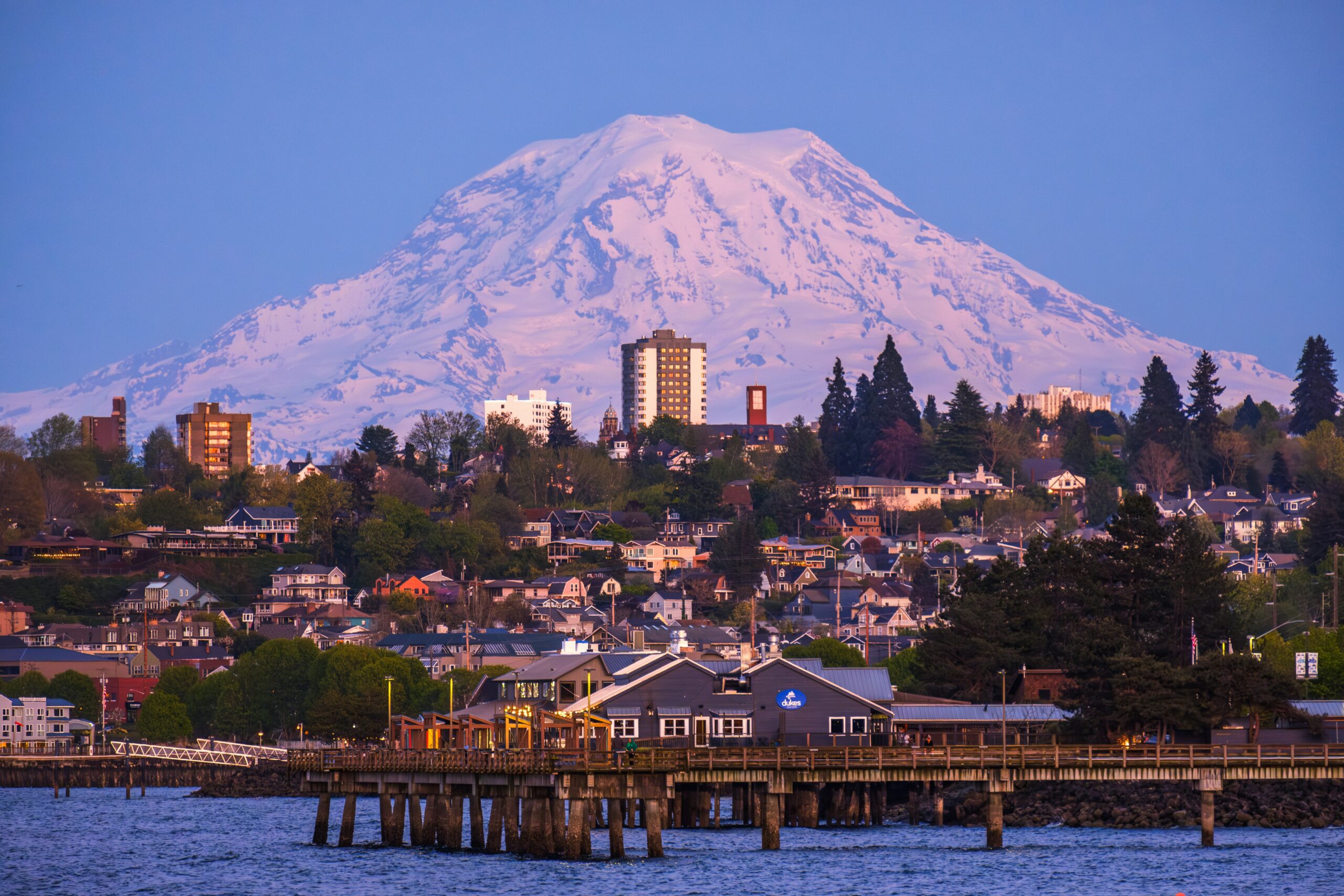Issues
Stay in Touch
Join the movement
Housing

Homeownership in Tacoma should be accessible for those who already live here. We need more housing in general, but we especially need to create more entry-level housing that is actually affordable to families beginning their homebuying journey. The city should work with key stakeholders to ensure that we are reducing barriers to homeownership in every possible way. There is no simply no reason why a Tacoma family should spend up to half of their monthly income on rent. We need a dramatic increase in the rental supply in order to stabilize and bring down housing costs. For example, the city needs to provide more financial opportunities for regular Tacoma homeowners to affordably build more ADUs. Through smart partnerships with agencies like Tacoma Housing Authority, we could convert unused government-owned lots for affordable housing construction. By thoughtfully re-examining policies like our city’s building code, we can open up more untapped possibilities like downtown commercial-to-residential conversion. And it should not take up to a year for the city’s permitting department to approve a residential subdivision!
Childcare costs have spiraled out of control. Many parents – and of course this mostly ends up falling on women – simply leave the workforce rather than pay the equivalent of another month’s rent on daycare costs, and that’s if they can find a daycare at all! Our city government needs to prioritize bringing down the cost of childcare for Tacoma families, increasing the amount of daycare providers through reducing zoning restrictions, and incentivizing employers to provide more on-site daycare for their workers.
Finally, we can thoughtfully address utility costs for Tacoma’s most vulnerable households. Tacoma Public Utilities has a utility assistance program that can be utilized far more broadly. We should also encourage more energy efficiency upgrades in multifamily properties in order to drive down renters’ power bills. And as renewable energy sources become more cost-effective, we can work with Tacoma homeowners to encourage more solar panel installations or similar energy efficiency upgrades, and thereby reduce their monthly expenses – while also growing a green collar economy.
Public Safety

You deserve to feel safe in your own neighborhood. Rather than just reacting to crime, our city needs an actual strategy that directly addresses its root causes. By strategically reducing recidivism and improving jail diversion, we can improve neighborhood quality of life; provide constructive alternatives to crime for our youth; and free up Tacoma police officers to address the worst offenders.
The mental health crisis in our community still needs considerably more attention. For instance, while the city now has trained mental health professionals available to first responders in the field, there are less than half a dozen of them for the entire city – and they’re not available at night! Our emergency dispatching system needs to deal better with mental health-related calls on the front end, so that first responders and hospital emergency rooms aren’t unnecessarily tied up when a medic or a case manager could have sufficed. And we need to improve jail diversion for non-violent mentally ill individuals so that people actually get the help they need, without further straining the criminal justice system.
Homelessness in our community is just not Tacoma’s problem. It is regional in scope. And yet Tacoma has historically been the only community in Pierce County to adequately take this problem on. We must demand a truly regional approach to homelessness in which the county and neighboring cities coordinate with Tacoma in a homelessness reduction plan that is actually strategic, measurable, accountable, and fair. And our city needs to extend a seat at this table to the Puyallup Tribe for this effort, to benefit from their perspective as well as to increase efficiencies.
Our city should work to make our neighborhoods safer in the most sustainable way: improving quality of life. We should build on the successes of our “Safe Routes to Schools” program by partnering with Metro Parks, to offer a similar “Safe Routes to Parks” initiative for Tacoma’s youth. And our community should examine successful programs like Late Night that have offered Tacoma youth alternatives to crime, and to see what other positive alternatives we can offer year-round.
Ensuring safety for all Tacomans means standing up to protect everyone’s basic rights. With Trump and the MAGA movement in power nationally, we need a Tacoma Mayor who will work with our state leaders and federal delegation to shore up our local protections for vulnerable communities. That means advocating for anti-racism, protecting our LGBTQ community from discrimination, and ensuring equitable access to women’s healthcare.
Economic Development

Our city needs an actual vision for how to grow its economy and provide opportunity for our residents. Tacoma-Pierce County is over-reliant on the public sector for employing most of our people, and the largest private sector jobs are low wage/service sector. The city needs to double down on locally-rooted economic development strategies like the Tacoma Anchor Network to create more stable job opportunities. Tacoma has vastly under-utilized manufacturing centers that we need to activate. And the city government and neighboring jurisdictions can better leverage their own assets to create economic development opportunities for the local economy.
But growing the economy means little if there is no equitable access to that opportunity. We should build on the successes of our Participatory Budgeting initiative so that all Tacoma neighborhoods can thrive, and have a meaningful voice. The Tacoma city government can work on growing wealth and entrepreneurship in underserved communities by making city contracting more accessible and user-friendly to local Black-owned businesses. And we should work to proactively map and remedy both food deserts and pharmacy deserts in our neighborhoods.
One of Tacoma’s most impressive accomplishments as a city has been the story of our environmental reclamation, and building on this will be essential to improve the health and opportunity of our community. By focusing on the green-collar jobs of the future as part of our economic development focus, we can enhance the health of our city, undo our history of environmental racism, and build real opportunities for working people. Regional partnership will be essential in this respect, and chiefly this should mean even greater collaboration and consultation with the Puyallup Tribe.
